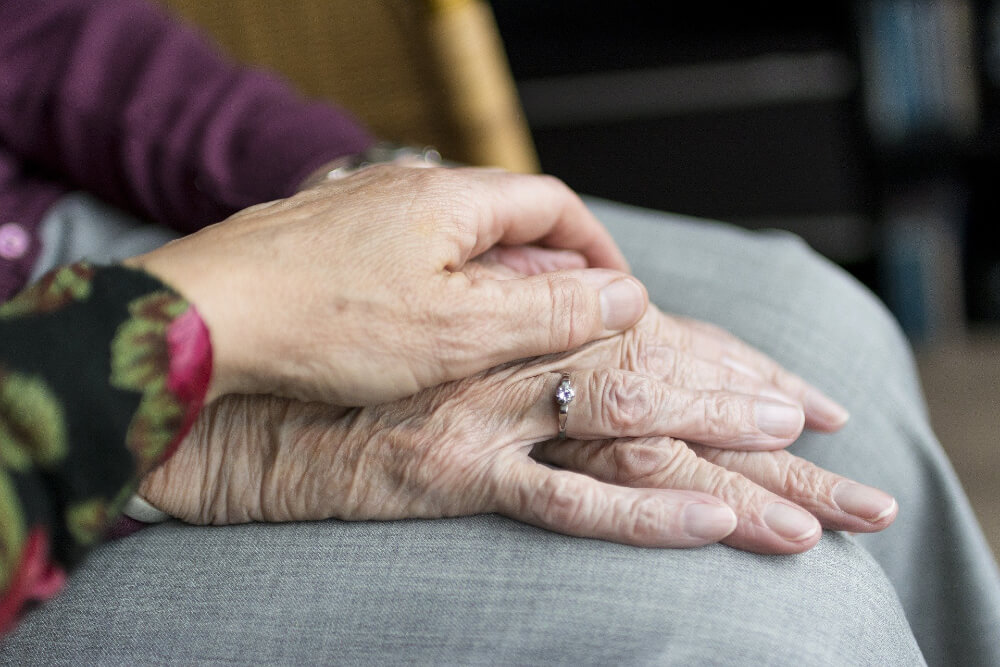Death is not a topic that most like to dwell on, and as a result estate planning can often be neglected. When someone has failed to meet with an estate planning lawyer and draw up a will, the future of their property becomes an uncertainty to say the least, and the wealth distribution a lot less straightforward. Fortunately, there are systems in place, directed by the State, to deal with such situations. These systems are set per the ‘laws of intestacy’.
Someone who dies without a will is said to have died ‘intestate’. In such a case, the Court will select an administrator to administrate the estate and distribute your property. The distribution of your property will be based on several things, including your surviving relations.
Married Partners
If the law recognizes someone as a married partner of the deceased at the time of death, then the marriage can be a basis for getting some, if not all, of the deceased’s properties. The surviving spouse’s share will depend on if you had children, and if those children were the children of that surviving spouse. If the parties involved are not married at the time of the death of the owner of the estate, no matter how recent the divorce is, there is no ground for the other party in the rules of intestacy.
Surviving Offspring
If the deceased passes away without a will, but is survived by children, grandchildren and so on, then the direction of the wealth distribution is a lot different. If you are not survived by a spouse, your children will receive your entire estate. If your spouse survives you, and your children are the children of that spouse, your children will not receive anything. If your children are not the children of that spouse, the law delegates the spouse will take the first $50,000 plus one-half of the balance of the reaming property in your estate. Everything else will be divided among your children.
Jointly owned accounts and property
If a couple, either through marriage or a civil partnership, jointly invest in financial values to own a joint account and one person dies, the other party receives the other share of the joint account left by the deceased. The same applies if the intestate person was in a civil relationship or marriage while co-owning a property. However, this does not apply when the property that is jointly owned is not fully owned, but a product of a tenancy agreement. That is, if they are both tenants, then the share of the deceased in the tenancy ownership doesn’t transfer to the partner.
No Relatives
If you die without any living relatives, then your property and possessions will go the State of Iowa.
To truly protect your property and family, and to make sure that your loved ones are provided for when you pass, it is important that you contact an experienced estate planning attorney to assist you with estate planning immediately.

